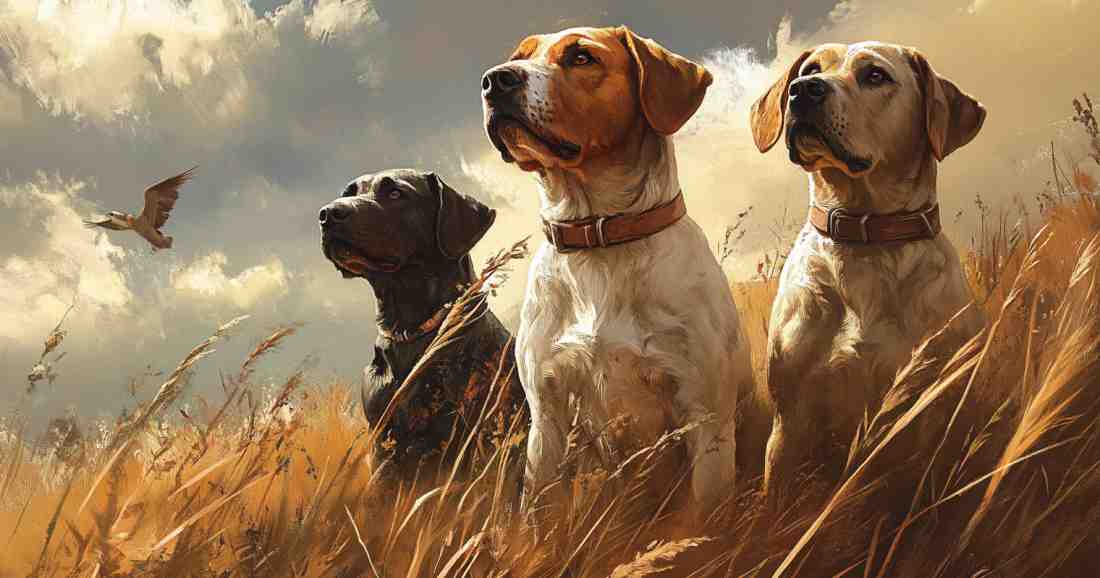
Take this quiz to discover what is Best Hunting Dog for Me Quiz, Find Your Perfect Hunting Companion! Selecting the right hunting dog is essential for success in the field. The Best Hunting Dog for Me Quiz helps determine which breed matches your hunting style, environment, and experience level. Different breeds excel in specific types of hunting, from tracking game birds to retrieving waterfowl. Whether you need a high-endurance pointer, a water-loving retriever, or a scent-trailing hound, finding the perfect canine partner can elevate your hunting experience.
Not all hunting dogs are the same. Understanding your dog’s natural instincts, temperament, and hunting abilities ensures the best fit for your needs. Sporting breeds such as Labrador Retrievers and Chesapeake Bay Retrievers are excellent for waterfowl hunting, as they love swimming and retrieving birds in wet conditions. If upland game hunting is your focus, English Pointers and Brittany Spaniels are top choices for their keen noses and ability to locate and flush game birds.
What Type of Hunting Dog Do You Need?
For those who prefer tracking larger game, scent hounds like Bloodhounds and Coonhounds are unmatched in their ability to follow trails for miles. If you hunt in rugged terrain, versatile breeds such as German Shorthaired Pointers or Wirehaired Pointing Griffons offer a balance of endurance, intelligence, and adaptability.
Training, Temperament, and Energy Levels
Hunting dogs require extensive training, discipline, and socialization to perform well in the field. Some breeds, like Labradors and Springer Spaniels, are highly trainable and eager to please, making them excellent choices for first-time hunting dog owners. Others, such as Weimaraners and Vizslas, have strong-willed personalities that require firm, consistent training.
Energy level is another key factor. Training your dog for hunting requires time and dedication, and high-drive breeds need daily physical and mental stimulation. If you’re looking for a dog that can handle long days in the field and still be a loyal companion at home, choosing the right breed is crucial.
Take the Best Hunting Dog for Me Quiz Now!
Still unsure which breed is best for your hunting style? The Best Hunting Dog for Me Quiz considers your hunting preferences, terrain, and experience to help you find the ideal match. Whether you need a hardworking retriever, an agile pointer, or a relentless tracker, this quiz will guide you to your perfect hunting companion. Find out now!
